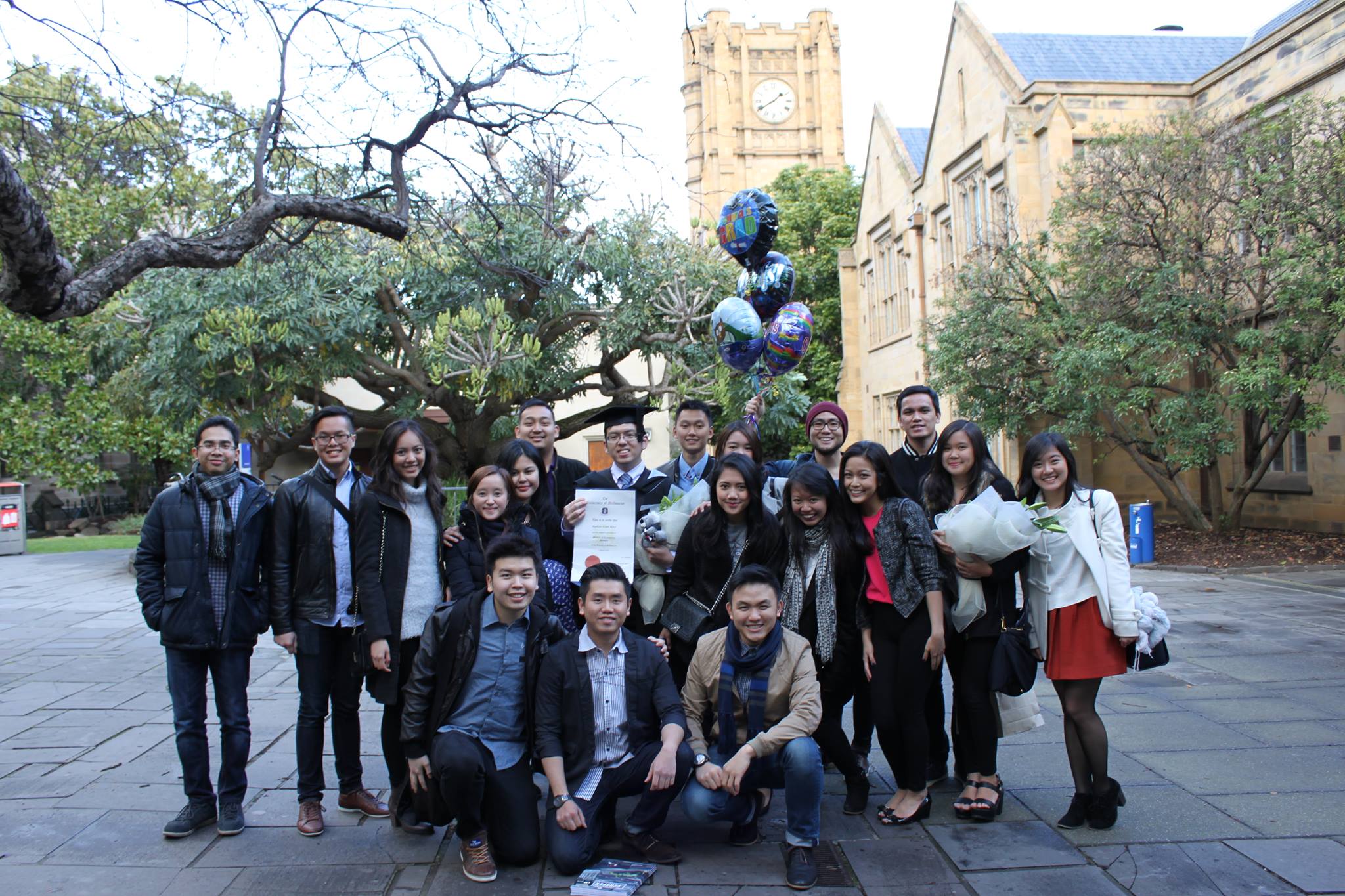The popularity of Japanese language and culture in Indonesia never cease to exist despite the growing importance of other languages that are deemed to be more relevant for today’s economy. Read Egadhana Satar’s story on why he has chosen to master Japanese and how it helps him to excel in his workplace.
“Why not study Mandarin instead?” – I have heard that question being asked countless times when I informed people that I took Japanese in university. Indeed, it seems that in Indonesia, people’s interest towards studying Japanese is not as significant as Mandarin. As someone who studied Japanese (although not native-speaker level yet), I have no regrets at all.

Let me recount how I first started studying Japanese. Since I was young, I am a big fan of Japanese contemporary culture such as manga (comics), anime (animations) and Japanese music. It all started in 1999, when my grandmother bought the seven-year-old me my very first Doraemon comic. I am sure that most Indonesians are familiar with the title. The popularity of Doraemon was followed by Detective Conan, Naruto and other renowned titles. During my peak, I followed approximately 30 manga series. The number has currently decreased to 5 but my interest in manga never faltered. As an avid manga reader, I was surprised when I learned that in Kinokuniya, Japanese-language comics are more up-to-date than the Indonesian or English-language ones. Consequently, I decided to master Japanese in order to read manga in its original language. I know what you are thinking, it was a very childish excuse indeed.
The aforementioned reasons are my personal, non-business rationale of why I chose to study Japanese. Now, let’s get down to business. Currently, China’s economy is indeed larger than that of Japan. However, it does not mean that Japan’s influence in the global economy has lessened. For those living in Indonesia, please look around you. You may spot Toyota or Honda cars, Panasonic home appliances, Sony TVs, Toshiba laptops, Canon cameras and the list goes on. The truth is, Japan’s influence is still prominent in Indonesia’s economy. According to a 2014 survey by market research firm Teikoku Databank, there are 1763 Japanese companies in Indonesia and the number is increasing every year. Japanese language skills can supplement your existing competencies as well as improving your chances to be accepted at Japanese companies that are based in Indonesia.

I started by joining a Japanese language academy where I had to attend a weekly one hour group lessons on Saturday. The gap between my high school graduation and the first day of university was about seven months. Therefore, I realized that I should utilize the time frame as productively as possible. Although initially, I was overwhelmed by the peculiarities of Japanese language (even today, my weakest point in the language is kanji– the Chinese-derived characters), I was able to achieve my original aim at the end of the course. I can finally read manga in its original language. However, I did not feel content as I realized the benefits of being fluent in a third language in today’s workforce. When I finished my master’s degree at Melbourne University, I thought that it might not be a bad idea to enhance my degree with a qualification in Japanese. Therefore, I decided to complete a graduate diploma program in Japanese. In addition to language subjects, the diploma program includes subjects that discuss contemporary Japanese culture and social problems hence enabling the students to gain understanding on Japanese society.
Honestly, I had no plans to work at a Japanese company after graduation. My initial preference was to work in a multinational PR or marketing company, regardless of its country of origin. Coincidentally, my first job (not counting internships) is at Dentsu, an advertising agency from Japan. After my short stint at Dentsu, I moved to Mitsui & Co., a Japanese trading/ investment company. Although the official language in both companies is English, Japanese language skill has helped me in adapting with my work environment. In my case, the skill has assisted me in bonding with upper managers who are mostly Japanese. Despite my managers’ excellent fluency in English, I found that they are more comfortable with their native language especially when it comes to social settings. In addition, you would have a higher chance of being sent to training programs held in Japan if you can speak the language.

Hence, what are you waiting for? Afterall, you have nothing to lose by learning a new language and I highly recommend Japanese as your language of choice.









